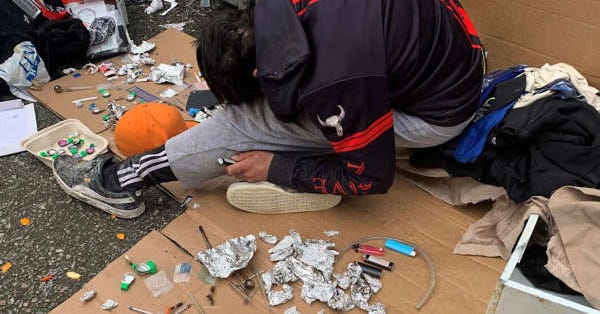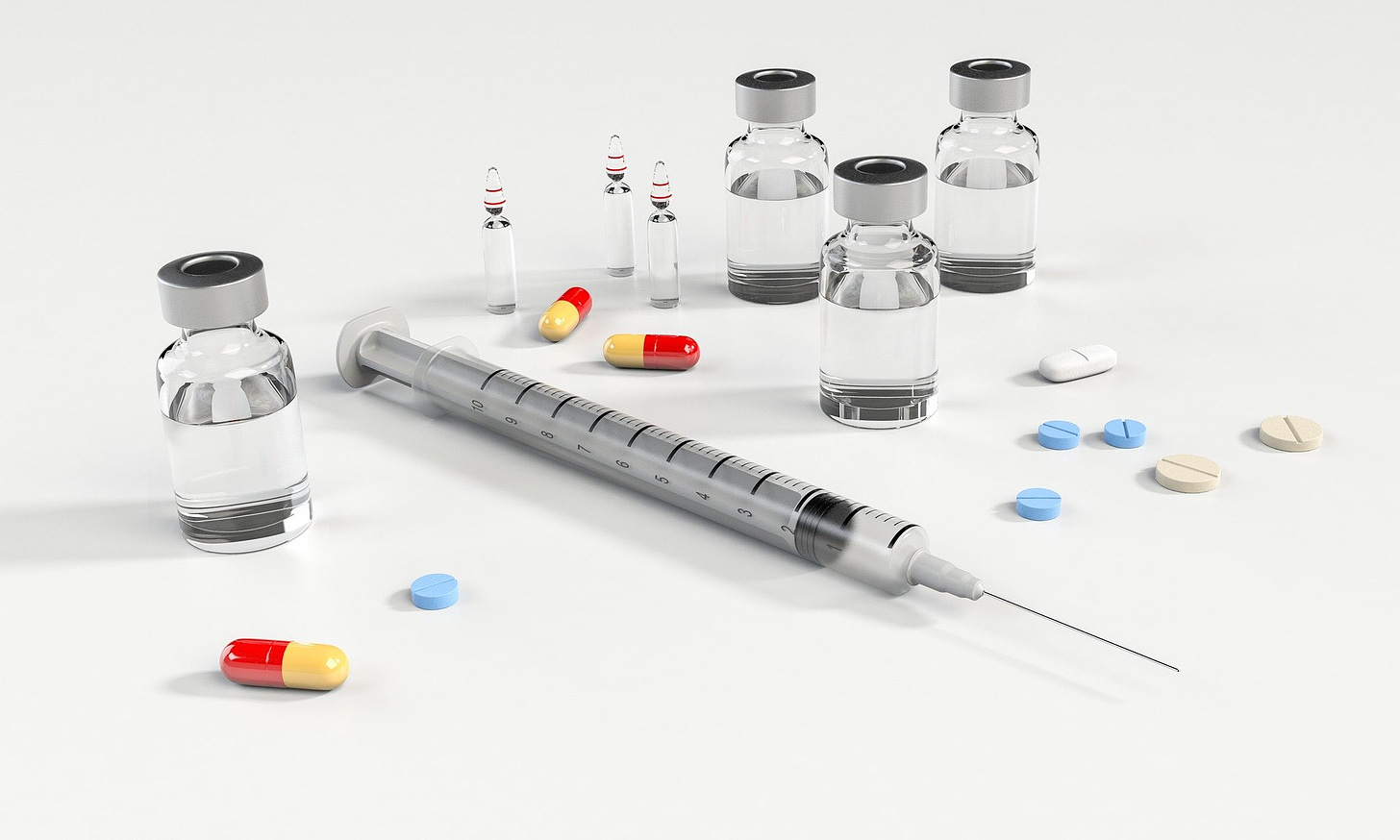British Columbia, Canada Decriminalizes Hard Drugs
British Columbia, Canada has officially gone crazy. As of Tuesday, Jan. 31, 2023, it has has become the first Canadian province to decriminalize heroin, fentanyl, cocaine, and other dangerous narcotics. Supposedly this new law is to fight the overdose crisis and reduce fatal drug overdoses - not by banning illegal narcotics - but by making hard drugs legal to use.
Possession of up to 2.5 grams of opioids (such as heroin, morphine, and fentanyl), crack and powder cocaine, meth, and ecstasy will no longer be a crime. This, in no uncertain terms, is crazy.
If hard drugs are decriminalized, their price will drop significantly, making small amounts of cocaine and heroin (for example) widely available. The U.S. Department of Justice states that Great Britain's experiment with legalizing heroin failed due to increased addiction. Yes, the problem got worse. In their search for more crack, junkies exclude almost all other considerations such as job, sleep, food, family and children. The percentage of occasional cocaine users who become binge users will most likely increase.
The BC government believes that substance use is a public health matter, not a criminal justice issue. Oh really? Illegal drugs increase crime because users don’t have steady jobs and many turn to illicit behavior to pay for their habits, while others are stimulated by certain drugs to act more violently. Legalization cannot curb the effects on the propensity to violence. It will also not cause a drop in adverse health and social effects of drug use. Think about how many children will be exposed to, and possibly use these substances in school or at home now. Think about how many families will be broken up by this soft headed approach.
Some might scoff at a small amount like 2.5 grams of opioids (such as heroin, morphine, and fentanyl) turning anyone into an addict. But even small amounts of such substances affect the brain's "reward circuit," through euphoria with the flooding of the chemical messenger dopamine. Repeated drug use can lead to brain changes that challenge an addicted person’s self-control and interfere with their ability to resist intense urges to take drugs. (National Institutes of Health)
These are established scientific facts, so why not rather turn to getting people off the drugs, to better treatment and education to curb dependency? You know, help them rather than feed the addiction?
Jennifer Whiteside, the British Columbia minister for mental health and addictions, per FOX News, stated that allowing small amounts of drug use “reduces the barriers and stigma that prevent people from accessing life-saving supports and services”, and that it “breaks down the fear and shame associated with substance use.”

Carolyn Bennett, Canada’s federal minister of mental health and addictions believes the governments approach favors fostering trusting and supportive relationships in health and social services over further criminalization. But time, and experience, has proven that all this approach does is make society less safe from criminals and their actions.
Per Gateway Pundit quoting the National Post:
Oregon’s own experiment with drug decriminalization has largely failed
Not far below B.C.’s southern border is the state of Oregon, a jurisdiction of similar size that pursued a near-identical approach to drug decriminalization just two years ago. The reviews are not great.
A recent audit by the Oregon Health Authority said the measure has been largely ineffective at addressing fatal overdoses and rates of drug abuse, both of which have gotten worse.
The concept pitched to Oregonians in 2020 was that decriminalization would drug users out of the cold to seek help at government harm reduction facilities such as needle exchanges and clinics handing out Naloxone. From there, they could then be urged into treatment.
But a report card found that fewer that one per cent of known Oregon drug users – about 136 people – ever opted to enter rehab in the post-decriminalization era.
The truth is even open drug use is never enforced, something plainly evident across many major cities that have sidewalks littered with addicts. So why not just make the whole shebang legal, right?


The BC government site states:
Decriminalization is not legalization. Under this exemption, illegal drugs (including those listed above) are not legalized and will not be sold in stores. Drug trafficking remains illegal, regardless of the amount of drug(s) in possession.
All the best with that policy! Imagine someone on “small” amounts of heroin on our highways. How safe will you feel with your kids in the car next to a wide eyed, lunatic driver? This will not end well!





